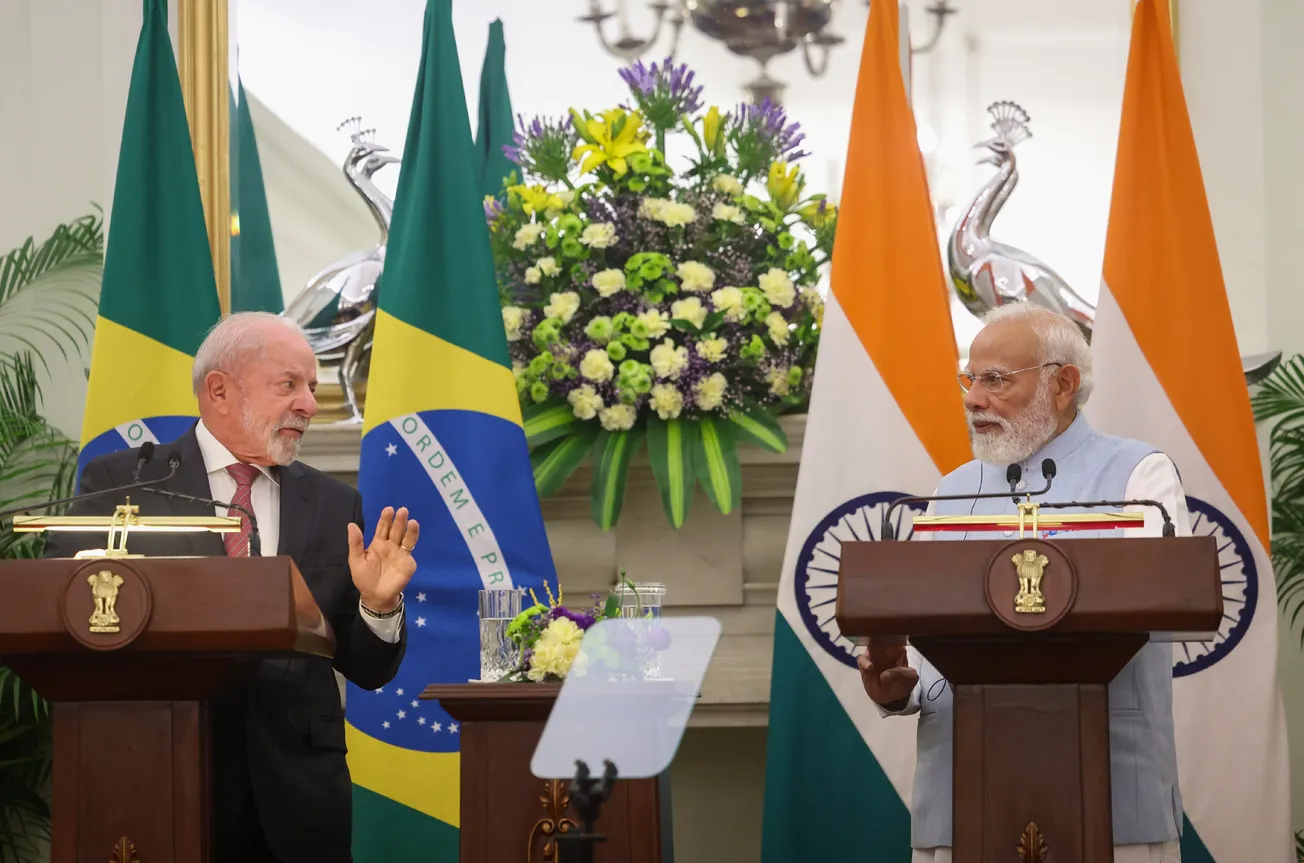The BRICS nations—Brazil, Russia, India, China and South Africa—are preparing for an upcoming summit entitled “Foster High-quality BRICS Partnership, Usher in a New Era for Global Development.” It is being hosted this year by China, and will be conducted virtually. Reports from India indicate that it will convene next week, on June 24. Whatever else transpires, the summit will see the Chinese and Indian heads of state, Xi Jinping and Narendra Modi, discuss with the other three leaders how these five nations from very different regions can jointly help bring the world back from the brink of war and economic breakdown. This week, BRICS ministers are meeting in preparation for the summit.
On June 6, according to Reuters, Russia’s Finance Minister Anton Siluanov addressed the BRICS Finance Ministers and Central Bankers, calling upon the emerging economies to coordinate measures to stabilize the economic situation. Global monetary tightening and the unprecedented sanctions’ policy carried out by the West create risks of global stagflation and a food crisis. Siluanov also noted risks of a global economic crisis amid undermined trust in the world’s forex and financial systems. ANI reported that other subjects taken up included infrastructure investments and the New Development Bank, and an agreement to establish a BRICS Think Tank Network for Finance.
India’s Republic World reported that the session agreed to deepen financial cooperation and to boost macroeconomic coordination, essential in guiding the world economy out of crisis and constructing a robust, sustainable, balanced, and inclusive post-pandemic economic recovery. According to Indian Finance Minister Nirmala Sitharaman, the BRICS should continue to serve as a framework for debate and the exchange of experiences, issues, and ideas in order to create a sustainable and inclusive growth path. The minister added that India’s economic development will continue to be supported by fiscal expenditure as well as an investment push, giving the economy a boost based on the concept of macroeconomic growth complemented by all-inclusive welfare at the micro-level.
Otherwise, the agriculture ministers discussed cooperation on food security, shortages, and poverty alleviation. Their session agreed to establish a forum on agriculture and rural affairs development. Their June 8 meeting included a discussion of the interrelationship between agricultural and rural modernization and poverty alleviation. China’s Minister of Agriculture and Rural Affairs, Tang Renjian, reported on China’s rural revitalization efforts and how critical it is to its poverty alleviation program and to its ability to ensure adequate food for its 1.4 billion people, despite the global crisis. The ministers agreed to establish a BRICS Forum on Agriculture and Rural Development as an “institutional platform” for further practical cooperation. Expanding outreach of the BRICS process, a symposium on BRICS Rural Development and Poverty Alleviation was also held concurrently with the ministers’ meeting, with diplomats and representatives of other developing sector nations participating. Uzbeki Deputy Prime Minister and Minister of Economic Development and Poverty Reduction Jamshid Kuchkarov spoke, for example, along with representatives of BRICS universities and companies, and international institutions and organizations.
The pre-summit BRICS statement, announcing its themes and priorities, says that they continue to see themselves as a useful forum prepared to “shoulder the historical mission of increasing the well-being of their peoples and promoting world peace and development… to jointly meet common challenges faced by mankind.”


